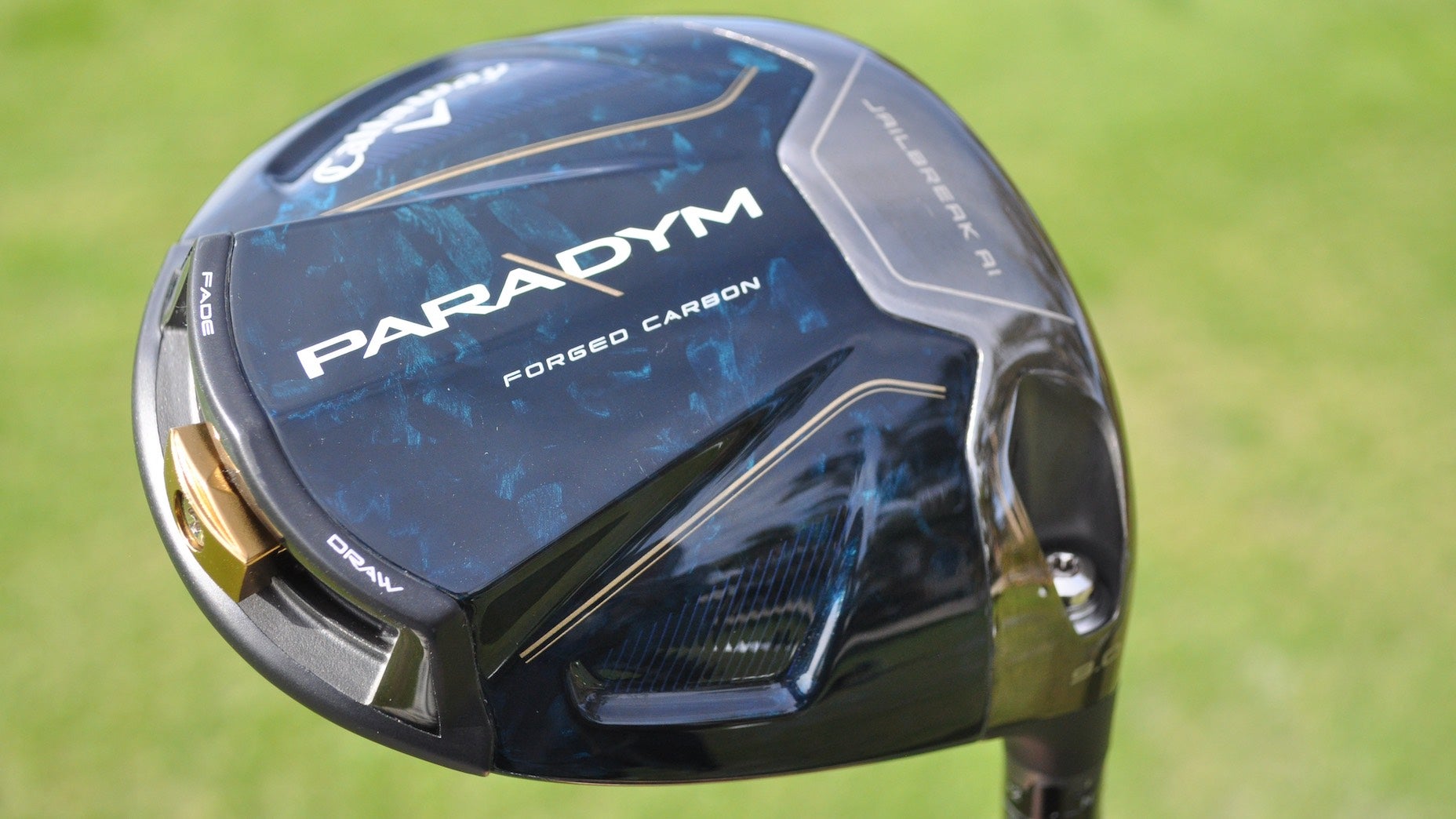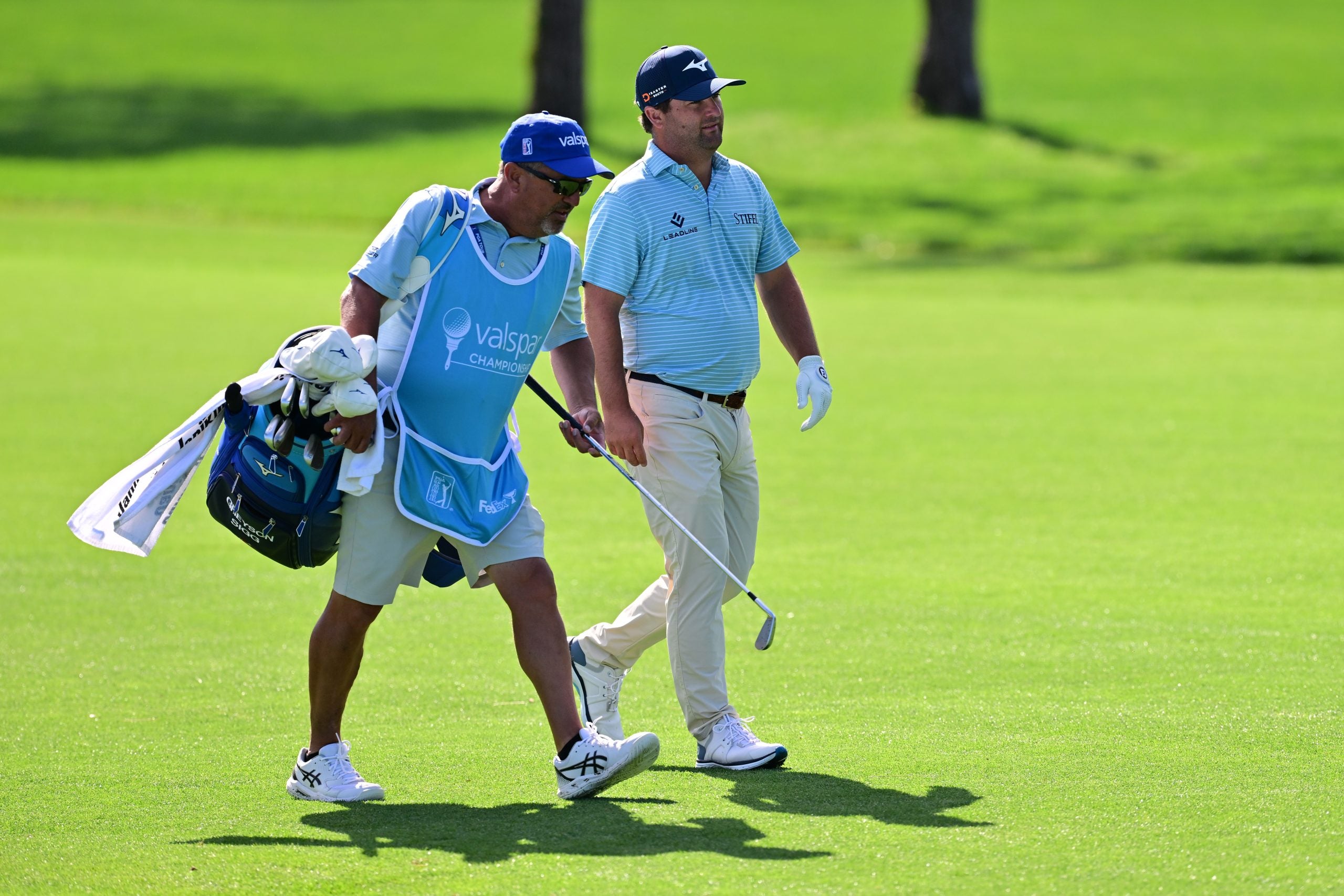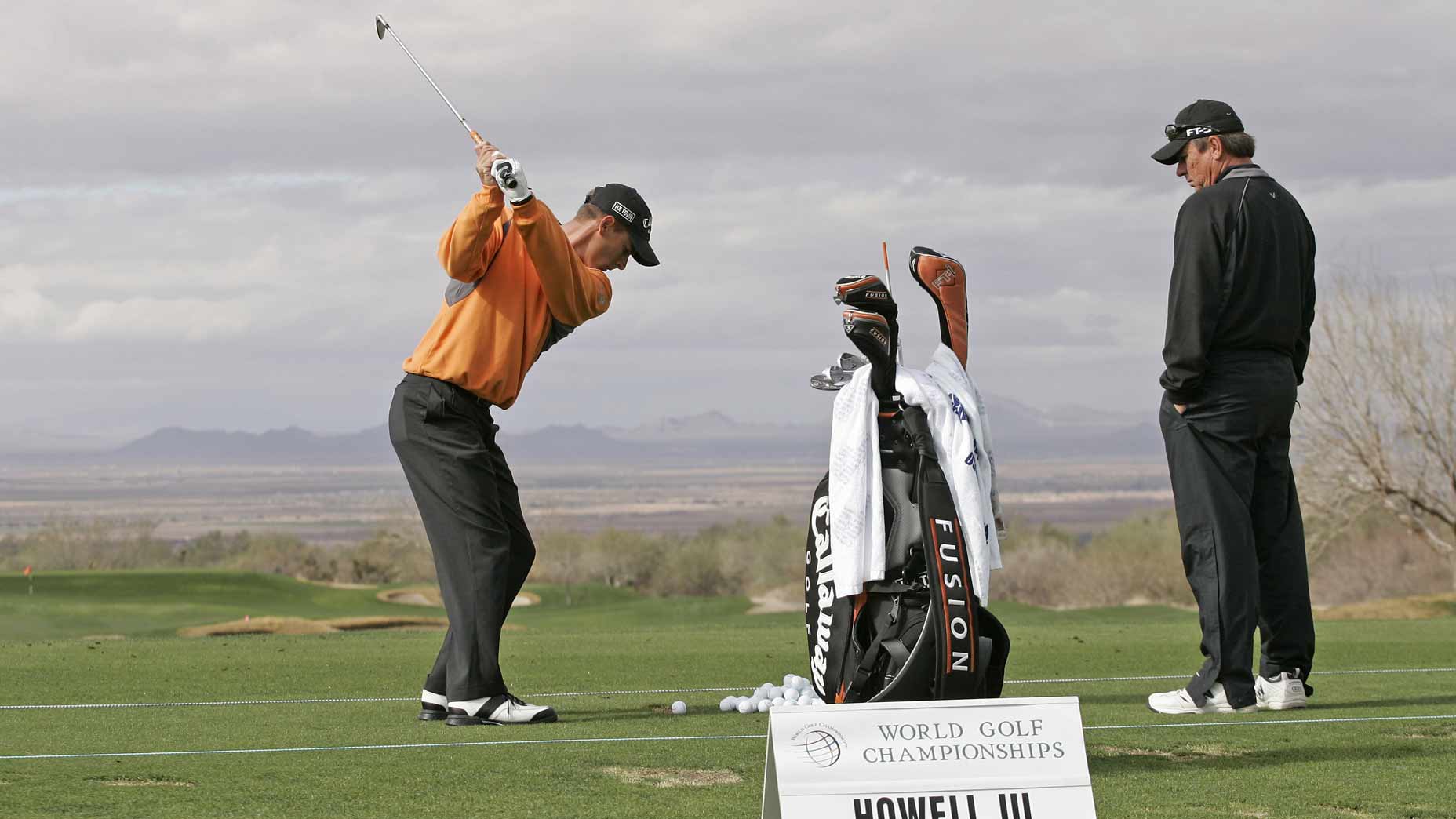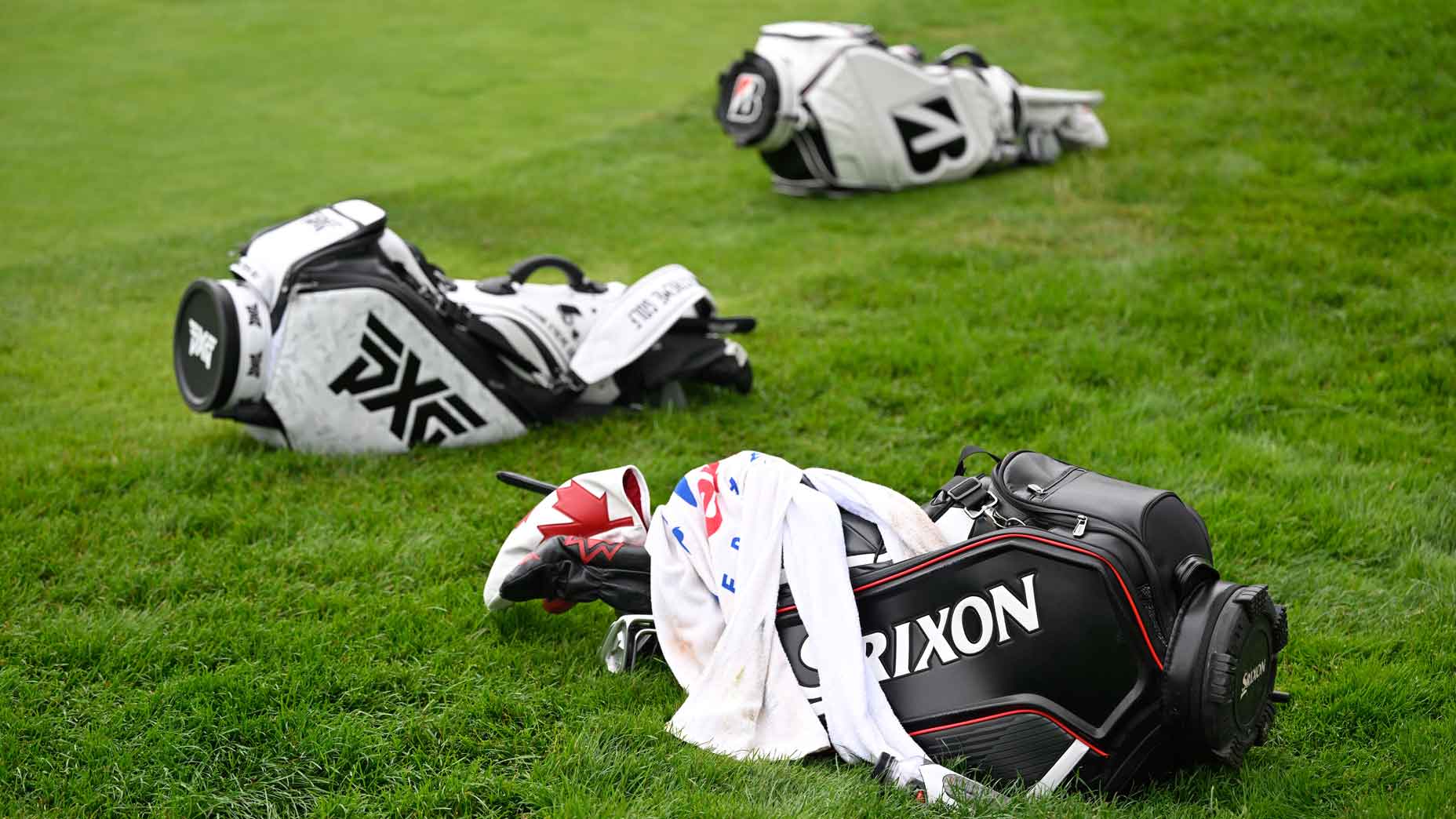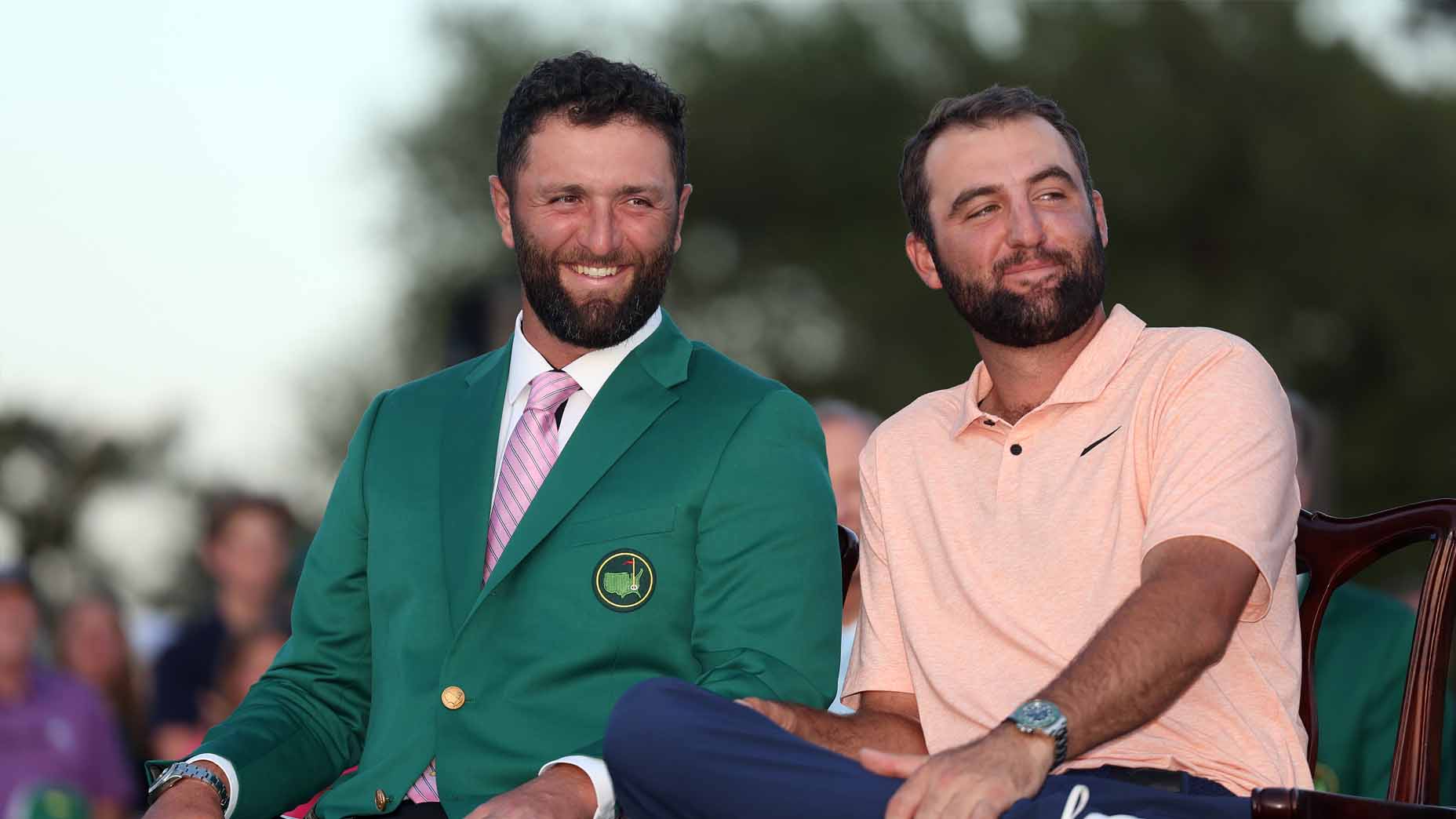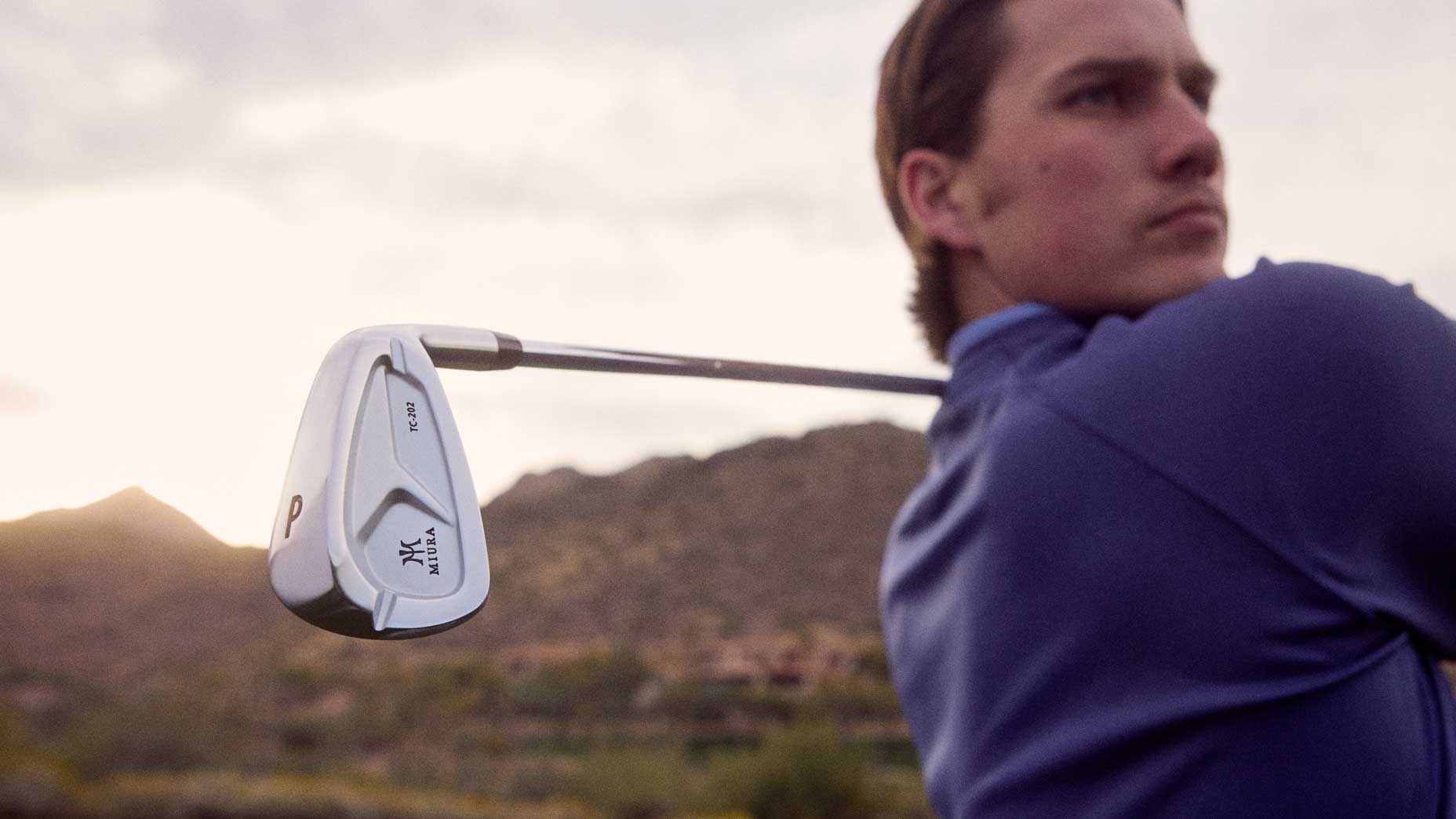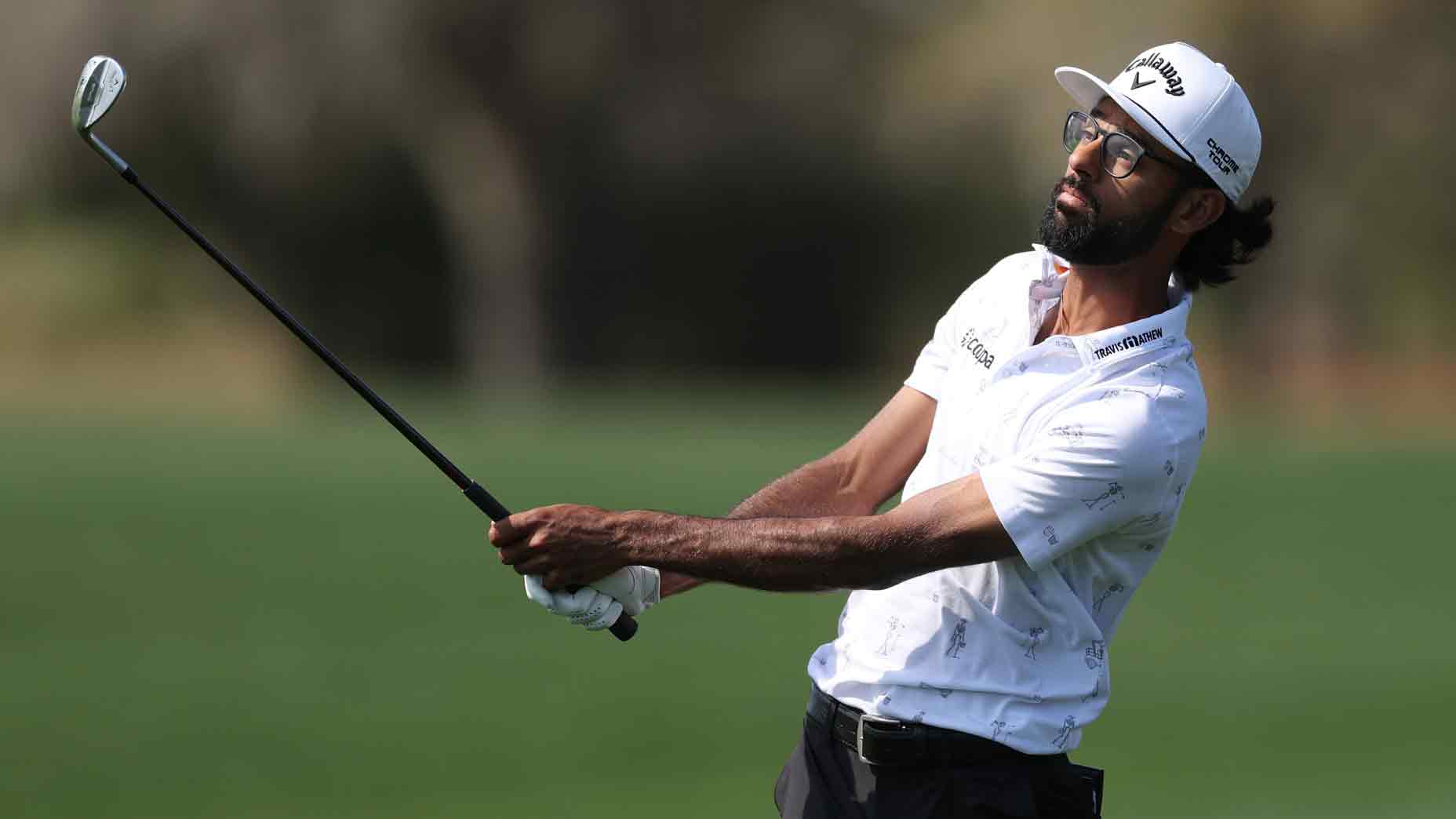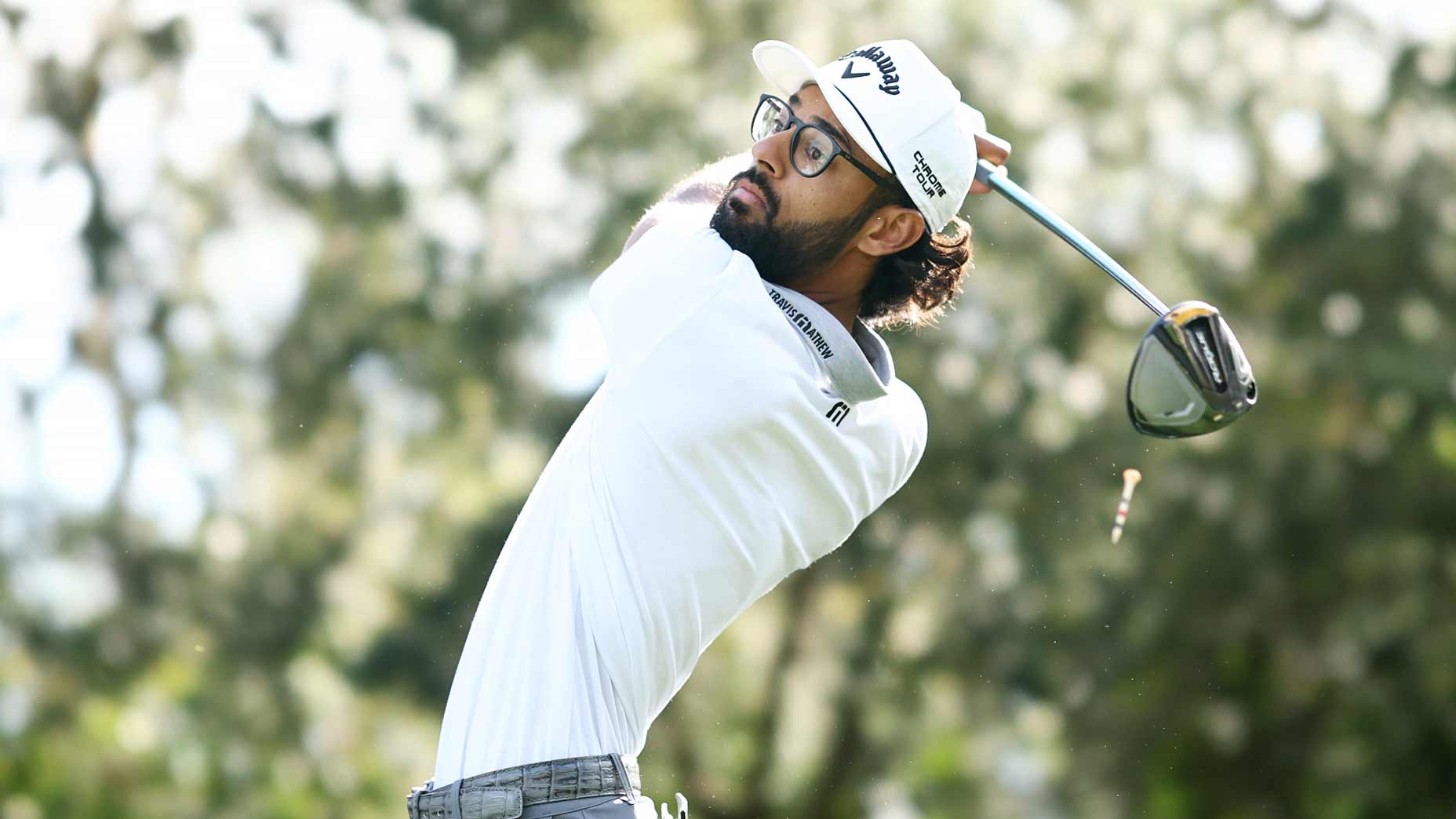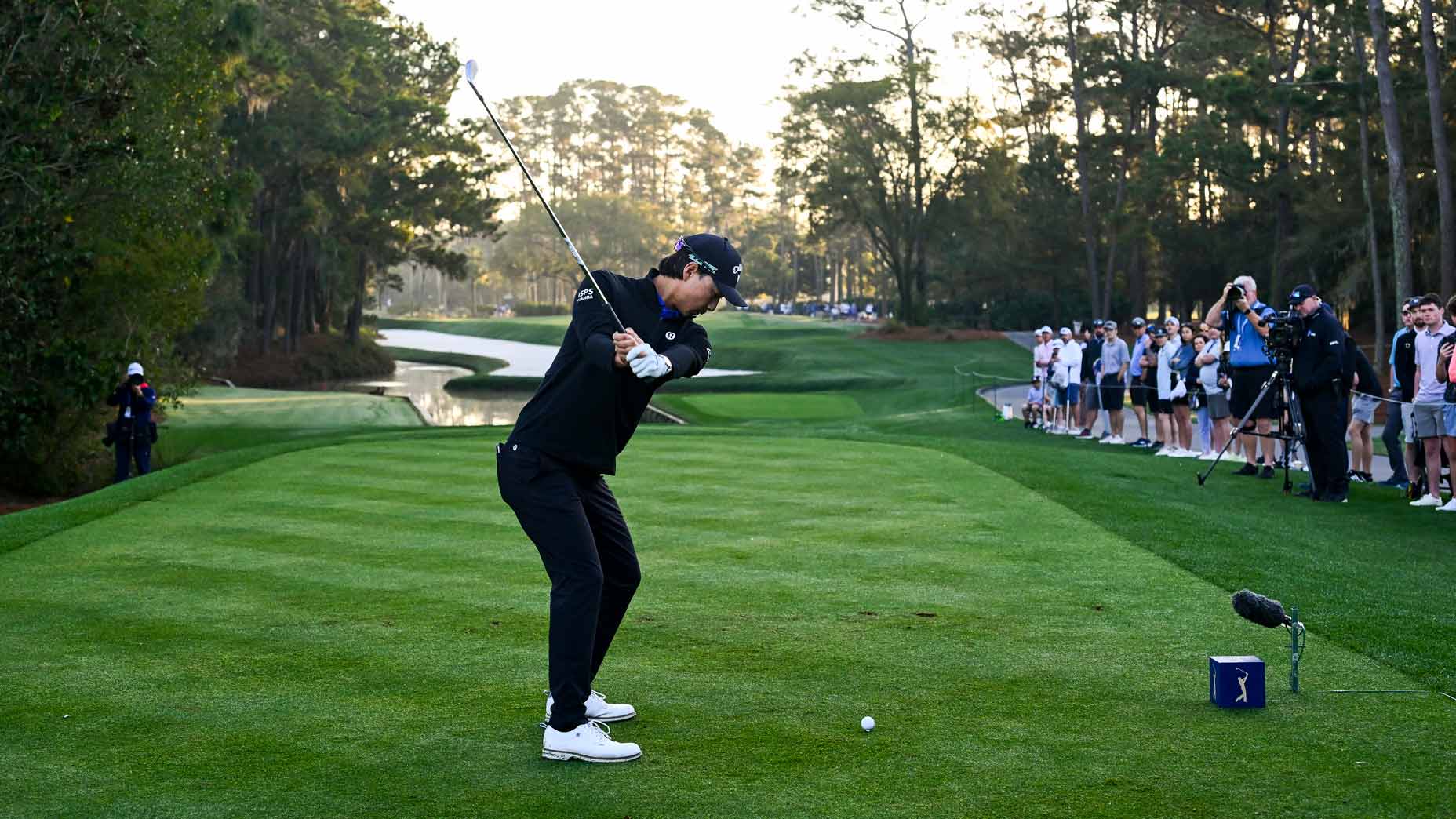Everywhere you look, equipment manufacturers are touting the benefits of embracing low spin to gain more distance. Move the adjustable weights forward to add ball speed. Turn down the loft sleeve to gain a penetrating flight. These are just a few of the tried-and-true ways to squeeze every last ounce of distance out of a driver head.
But these methods generally come at a cost if you’re driving blind — no pun intended — into the world of equipment. Distance is nice, but there are diminishing returns as you get closer to having spin too low (think anything below 2,000 RPMs). When that happens, anything short of perfect impact is going to lead to unpredictable results.
As much as we’ve all been told that excess spin can sap distance — and it’s true to some extent — spin plays an important role in optimizing carry distance and accuracy. Even someone like Masters champion Jon Rahm understands the benefits of having enough spin, especially when he wants to execute his go-to cut shot off the tee.
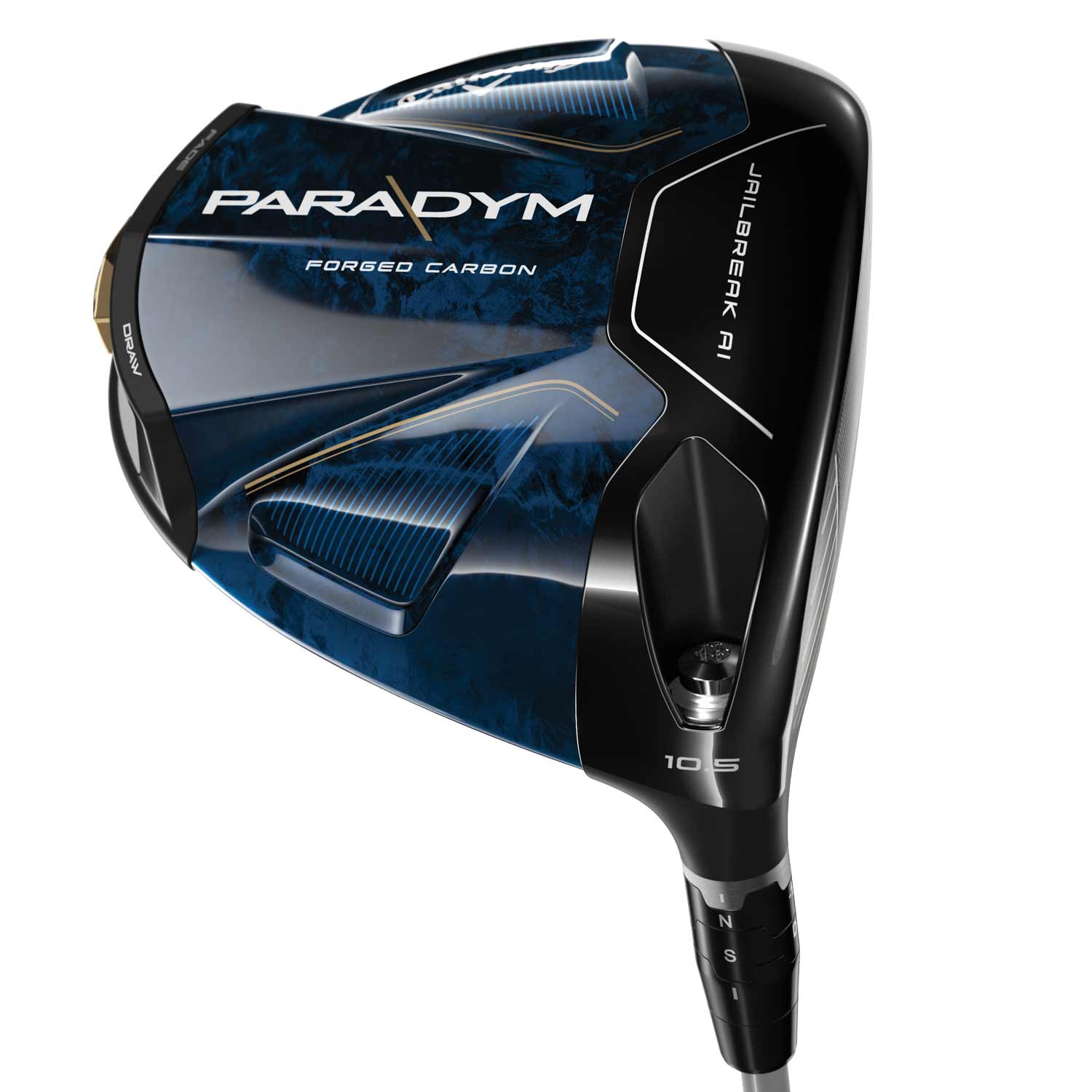
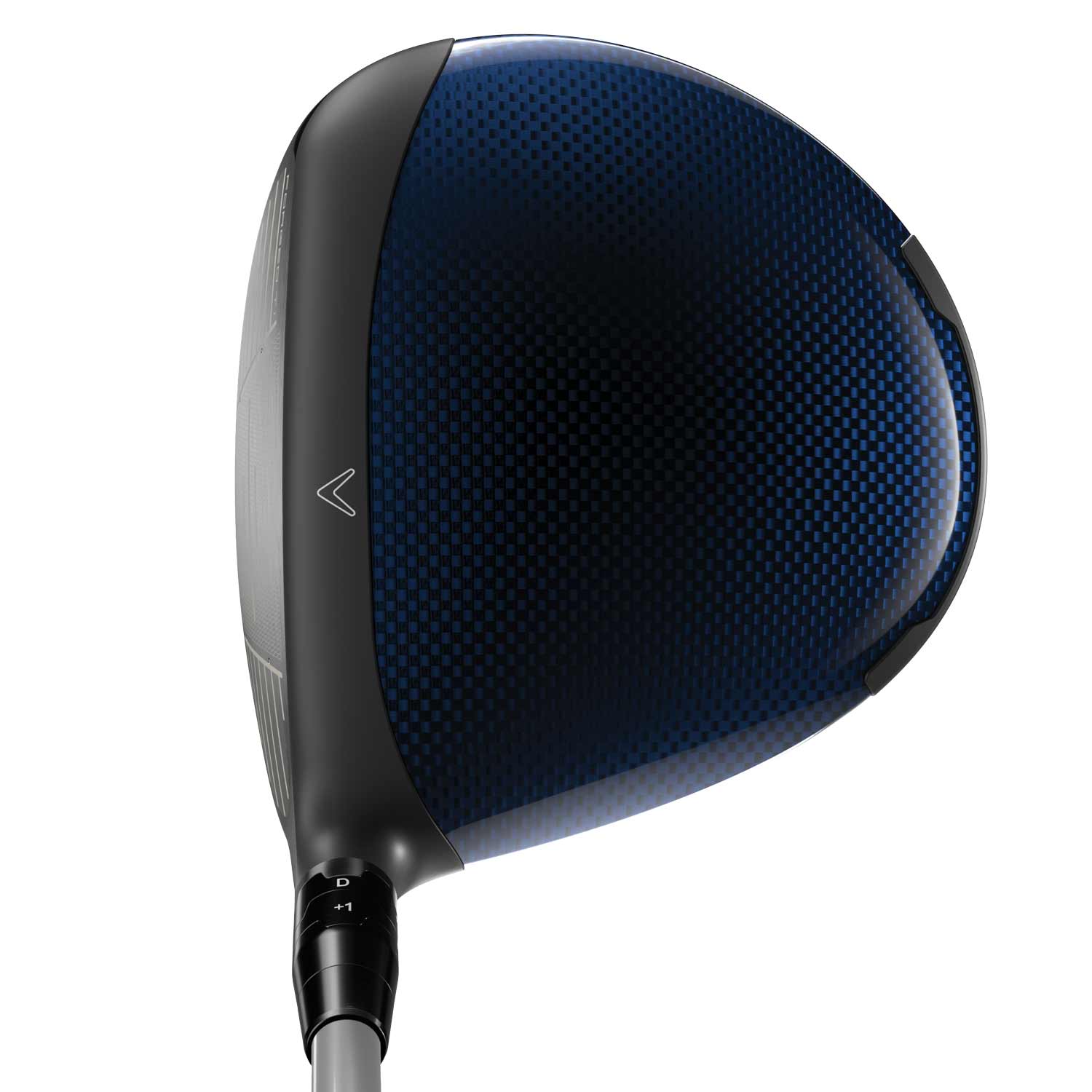
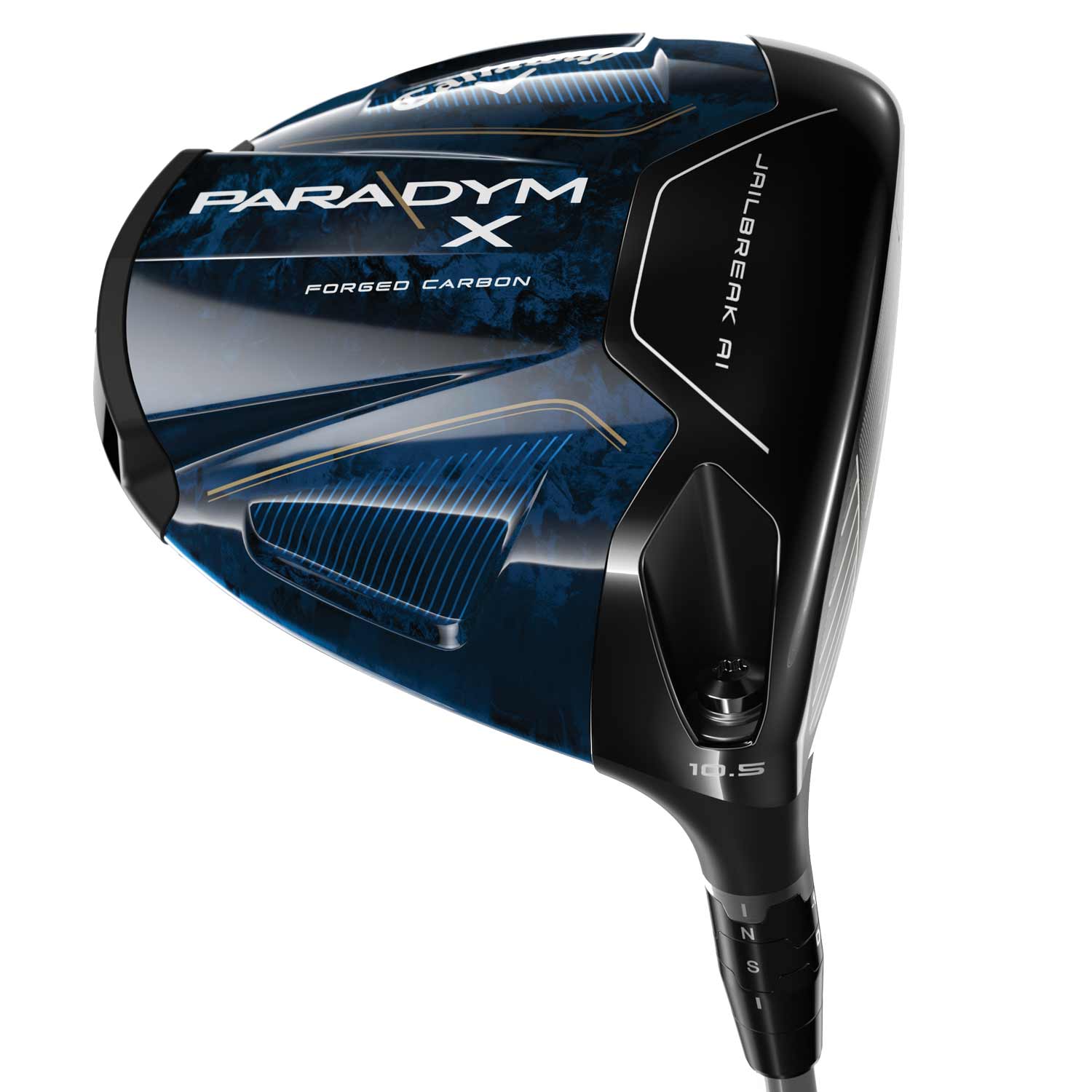
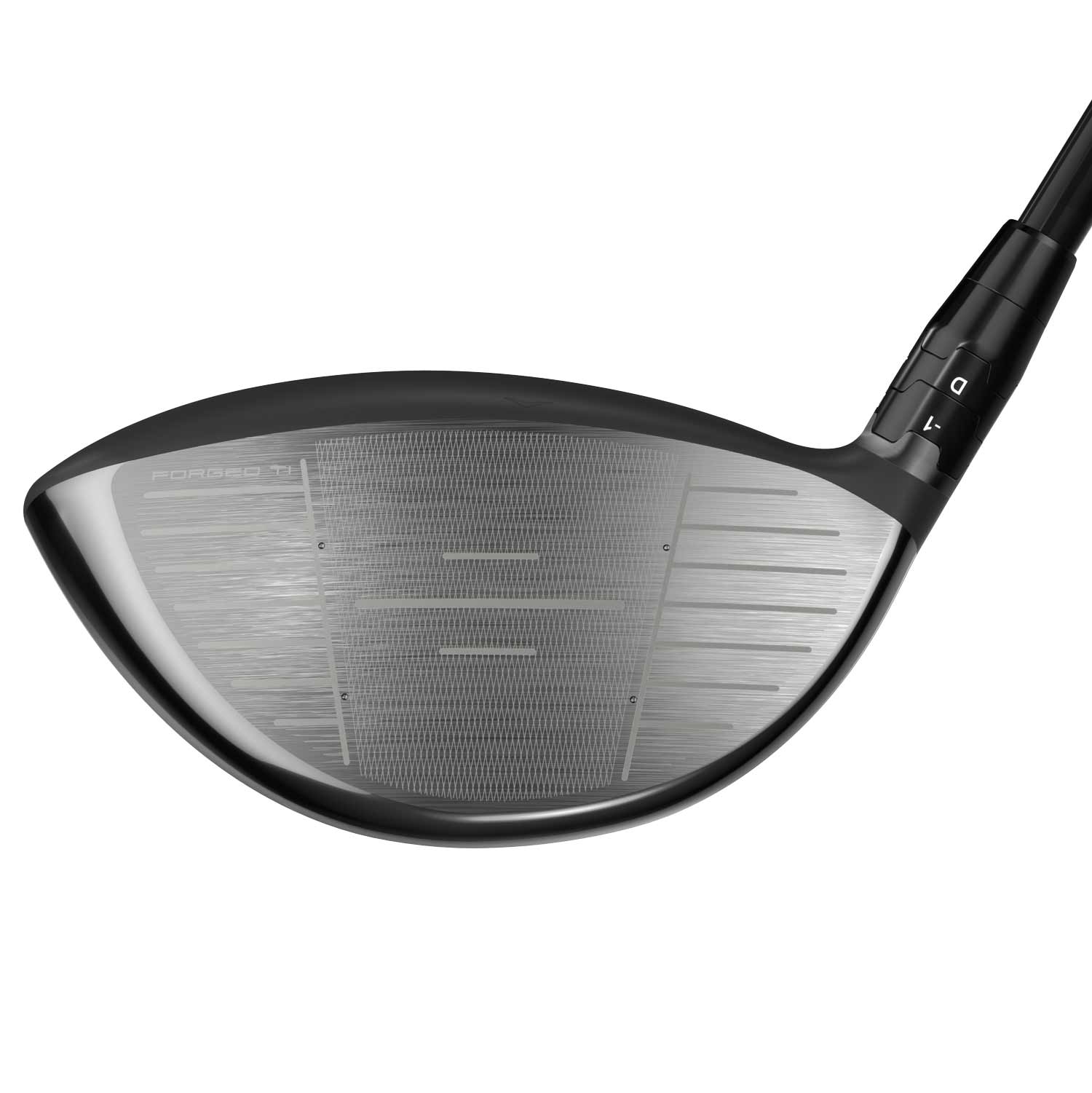
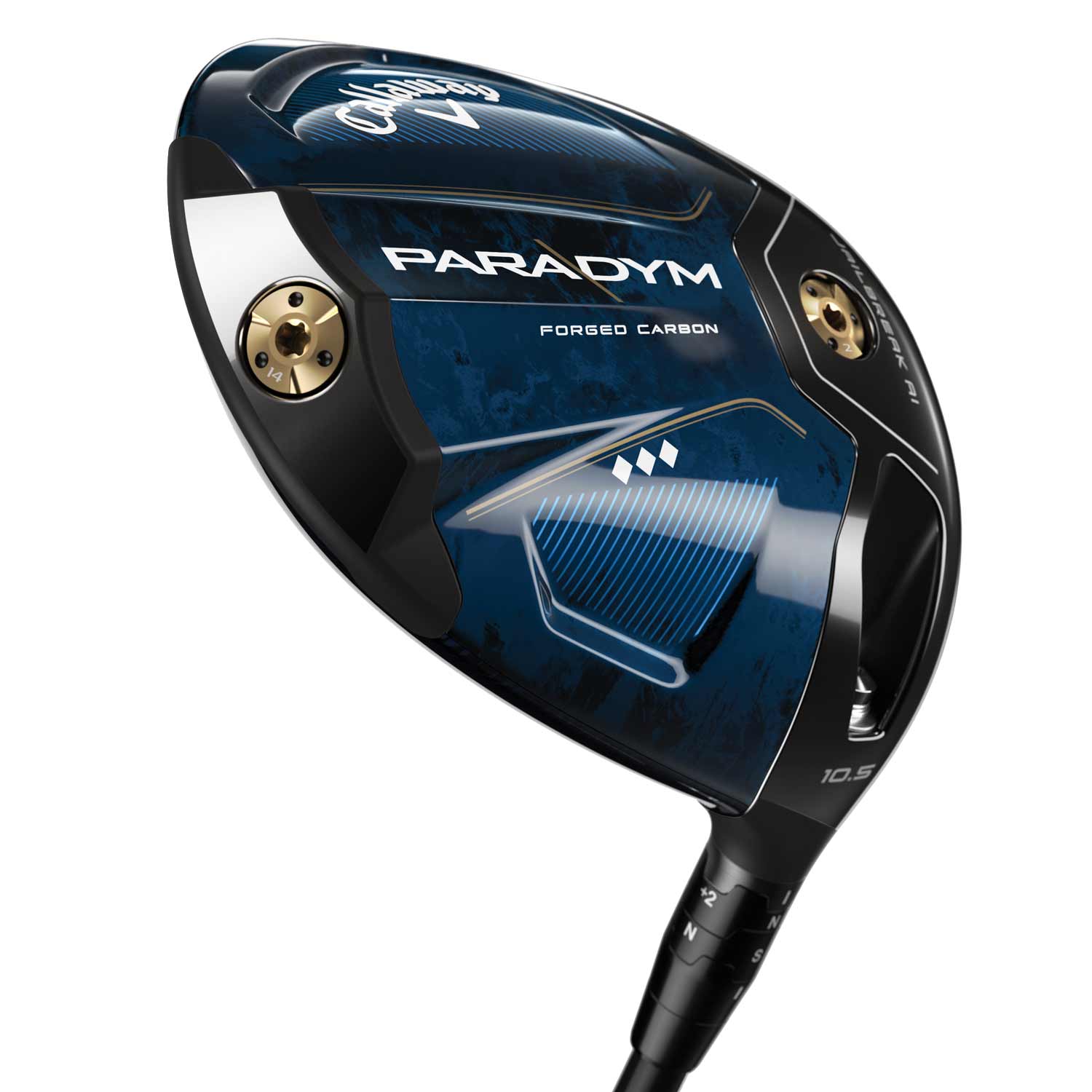
Callaway Paradym, Paradym X and Paradym Triple Diamond Drivers
As Callaway Tour reps Kellen Watson and Joe Toulon discussed on GOLF’s Fully Equipped podcast, the duo knew something was up with Rahm’s driver — even when he reeled off three wins in five starts to open the year.
“We saw the ShotLink data and the Strokes Gained: Off-The-Tee number going down, and we knew the spin was a little on the low side, especially for someone like Jon who likes to hit that hard cut where we need spin to keep it in the air,” Toulon said. “The Paradym driver is so forgiving and high MOI that it really doesn’t want to move that much. What we found for him is we needed more spin to help him to help induce that power cut. We picked up on [the low spin] during the west coast swing and all through his wins, and we knew we could make his driver better.”
Now, some golfers might assume Rahm was hovering around the “razor’s edge” of diminishing returns — or around 2,000 RPMs. But in actuality, he was just under 2,500 on the cut shot shape. Shot shape ultimately dictates the amount of spin you need to keep the ball in the air. In Rahm’s case, his cut is at its best when he’s sitting at or just above 2,500 RPMs.
As we chronicled in a story during Masters week, Watson moved the OptiFit loft sleeve on Rahm’s Paradym Triple Diamond driver up 1 degree — from NS to N+1 — to achieve a stated loft of 11.5 degrees at the Players Championship. The minor change wound up netting Rahm 200-250 RPMs with a slightly higher launch (10-11 degrees), which turned out to be a perfect complement for his cut.
4 areas where Callaway’s Paradym drivers excel, according to our robotBy: Jonathan Wall
In Rahm’s case, more spin wound up benefitting not only his carry number but dispersion as well. It’s a reminder that as much as we all want to mash the ball a country mile, finding the fairway is equally as important. More spin can make it a reality.
“For the common consumer, it’s always going to be high launch, low spin,” said Watson. “Spin, especially off the tee, is a huge friend of yours. The more you spin it, the better it’s going to be. You might sacrifice some distance, but you’re not going to be in the right rough or left rough. Take a page out of the [pro’s] book: a tight hole around [Harbour Town Golf Links] that’s relatively long, there’s a lot of 3-woods being hit because it spins more and you can control it.”
The next time you’re struggling with the driver, look at the spin rate with a critical eye. If it’s not around 2,500-2,700 on a regular basis with center contact, start asking questions. A certified club-fitter is a great place to start, and can generally help you figure out if a change in head configuration, shaft or ball can solve the issue.
Always remember that spin is your friend — even with the longest club in the bag.
Want to overhaul your bag for 2023? Find a fitting location near you at GOLF’s affiliate company True Spec Golf. For more on the latest gear news and information, check out our latest Fully Equipped podcast below.
Latest In Gear

Jonathan Wall
Golf.com Editor
Jonathan Wall is GOLF Magazine and GOLF.com’s Managing Editor for Equipment. Prior to joining the staff at the end of 2018, he spent 6 years covering equipment for the PGA Tour. He can be reached at jonathan.wall@golf.com.

